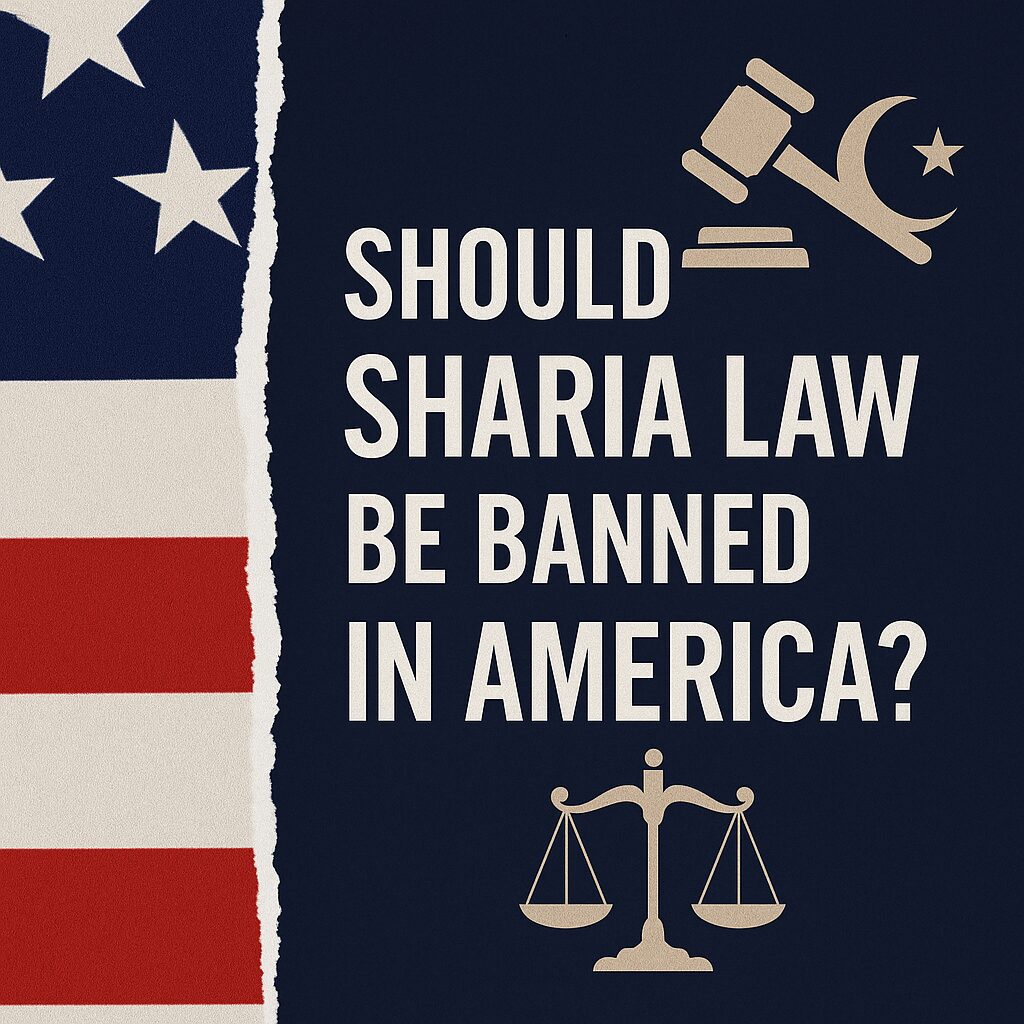In recent years, the conversation around Sharia law has become increasingly polarized in American political discourse. Some states have proposed or passed legislation aimed at banning the implementation of Sharia or foreign laws in their jurisdictions. But before diving into the debate, it’s important to understand what Sharia law actually is — and what it isn’t.
Sharia, meaning “the path” in Arabic, is a system of Islamic religious principles derived from the Quran, the Hadith (sayings and actions of the Prophet Muhammad), and centuries of Islamic scholarship. It covers a wide range of moral and ethical guidance, including rules on prayer, fasting, charity, marriage, business dealings, and even hygiene.
It’s important to note that Sharia is not a single codified law—interpretations vary widely among different Islamic communities and countries. In many parts of the world, Muslims use Sharia as a personal code of conduct rather than a state-enforced legal system.
In the United States, the Constitution is the supreme law of the land. It prohibits the establishment of any state religion and ensures freedom of religion for all. This means that while people are free to follow religious practices in their personal lives, religious laws—of any faith—cannot override federal or state law.
Muslims in the U.S., like members of other faiths, may use religious principles to guide personal decisions, such as marriage contracts or financial arrangements, provided these decisions don’t violate U.S. law.
Supporters of banning Sharia law argue that its principles are incompatible with American democratic values, especially concerning issues like women’s rights, freedom of speech, and equal protection under the law. They fear that the growing influence of Sharia, even in private arbitration or community matters, could pose a threat to secular governance.
Several states, including Oklahoma, Alabama, and North Carolina, have enacted laws that ban courts from considering foreign or religious laws, including Sharia, in legal decisions. These laws are typically framed as measures to preserve constitutional integrity.
Critics of Sharia bans argue that such laws are unnecessary, given that the U.S. legal system already protects against the enforcement of any law—foreign or religious—that contradicts American legal principles. They also warn that these bans may fuel Islamophobia, alienating law-abiding Muslim citizens and targeting their faith under the guise of national security.
Legal experts often point out that U.S. courts occasionally recognize religious arbitration (including Jewish and Christian-based systems) in civil matters such as divorce or financial disputes—but only if all parties voluntarily agree and the rulings comply with the law.
The debate over Sharia law in America often reflects larger concerns over immigration, national identity, and religious freedom. It’s essential to distinguish between personal religious beliefs and attempts to impose those beliefs as binding law.
Rather than blanket bans, many experts suggest reaffirming the strength of the Constitution and focusing on education, integration, and equal application of secular laws to all citizens, regardless of religion.
Conclusion
The question isn’t whether Sharia should “replace” American law—it legally cannot. The real issue is how America, as a pluralistic nation, ensures the rights and freedoms of all its people while upholding the constitutional order. Discussions about religious practices must be rooted in fact, fairness, and respect for the rule of law.

 Top Summer Getaways for 2025: Your Ultimate Travel Guide
Top Summer Getaways for 2025: Your Ultimate Travel Guide